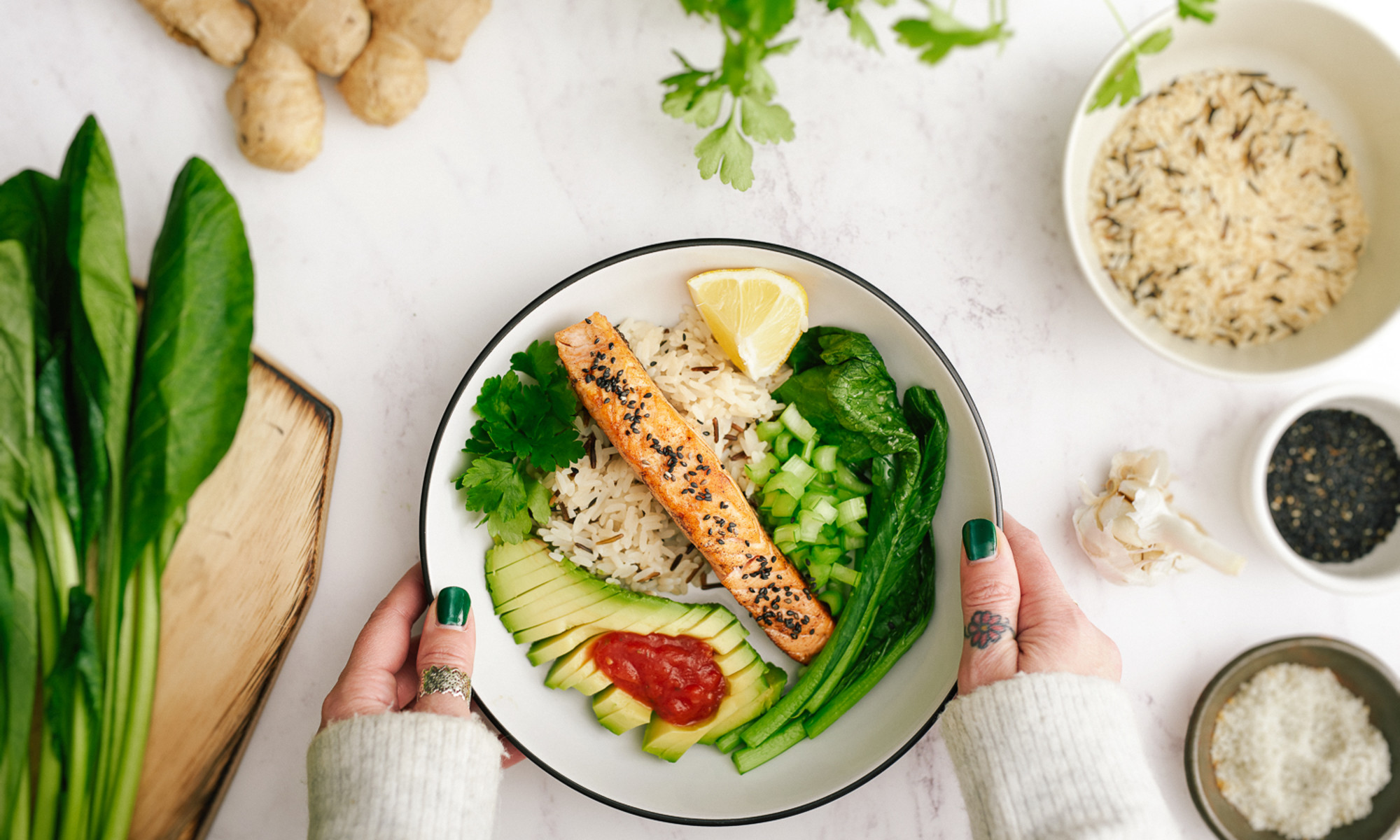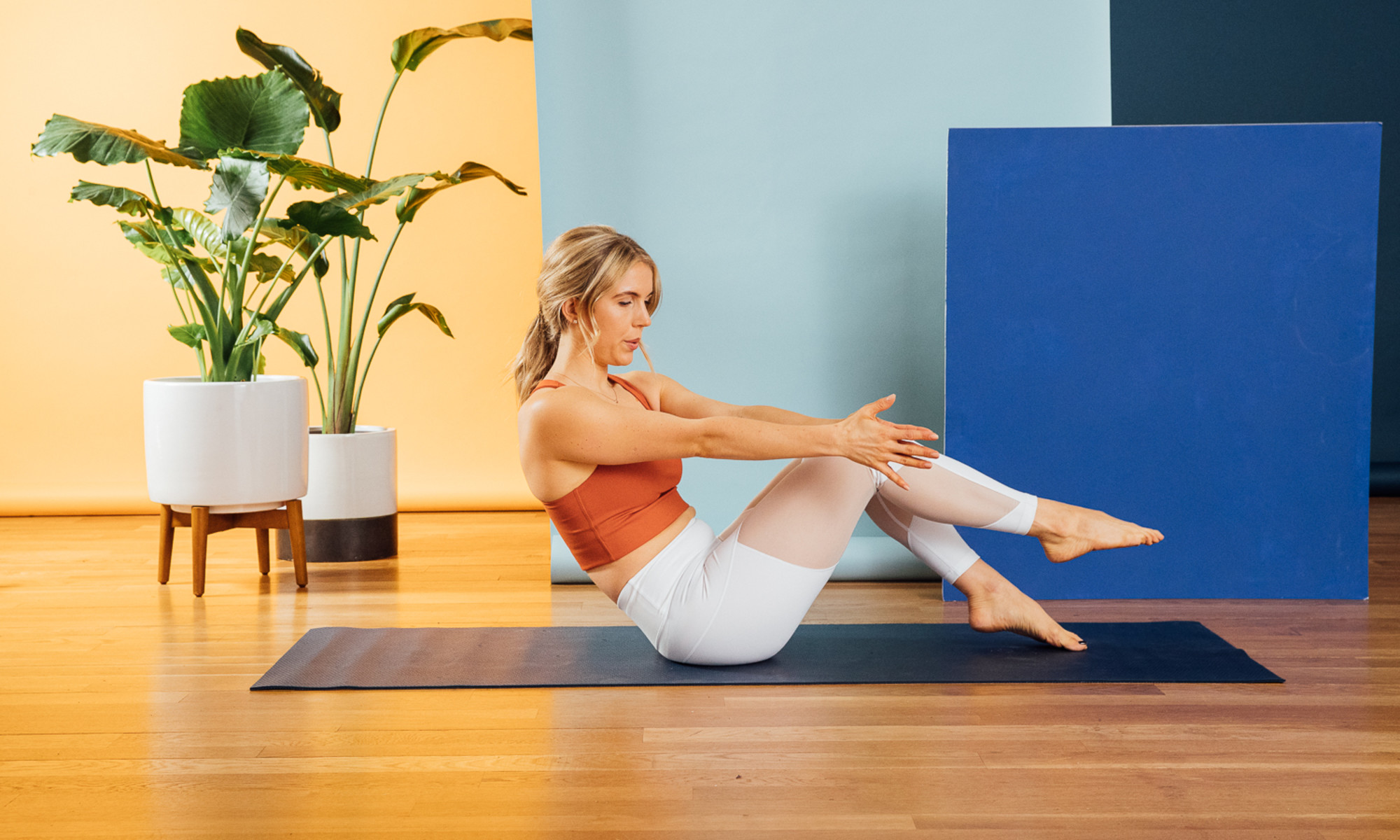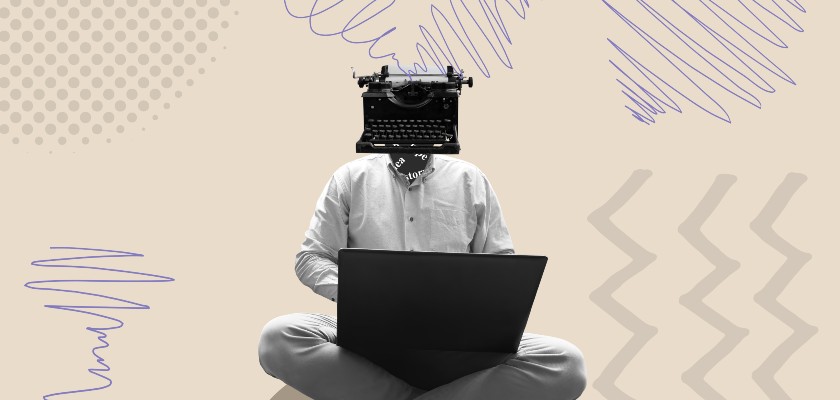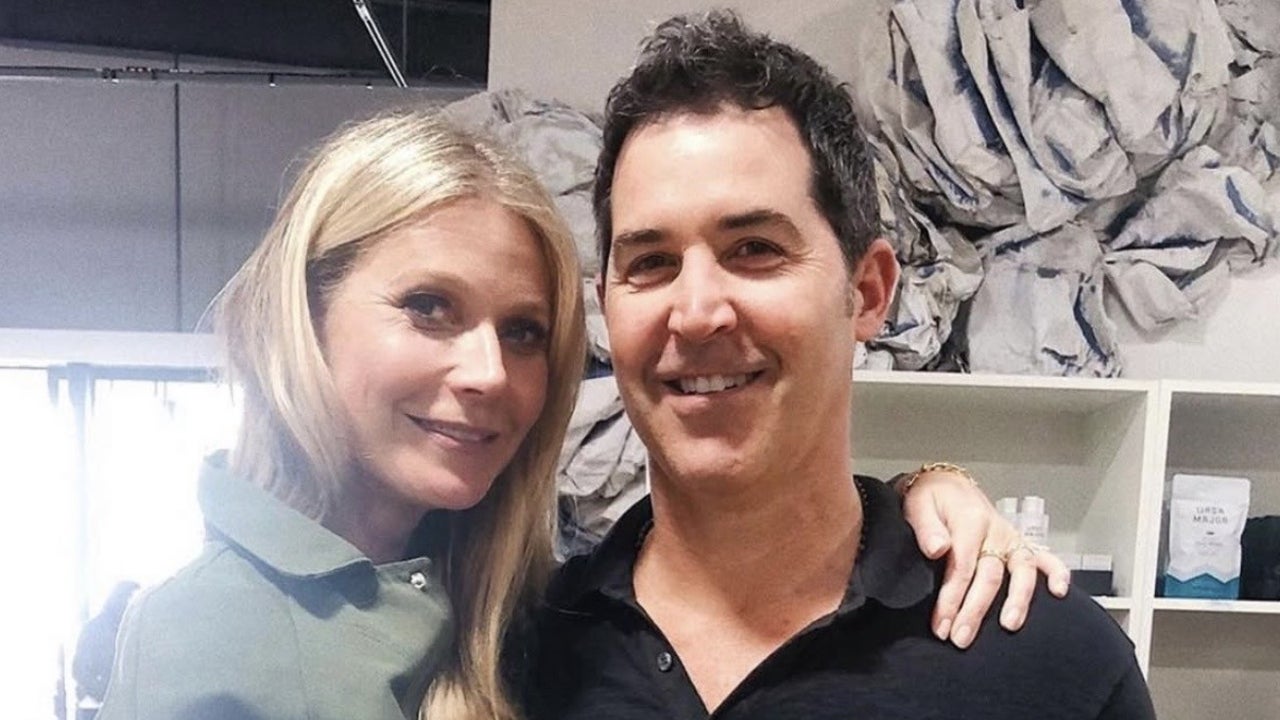Stare At A Screen For 6+ Hours A Day? Study Shows This Can Protect Your Eyes
No, not blue light glasses.
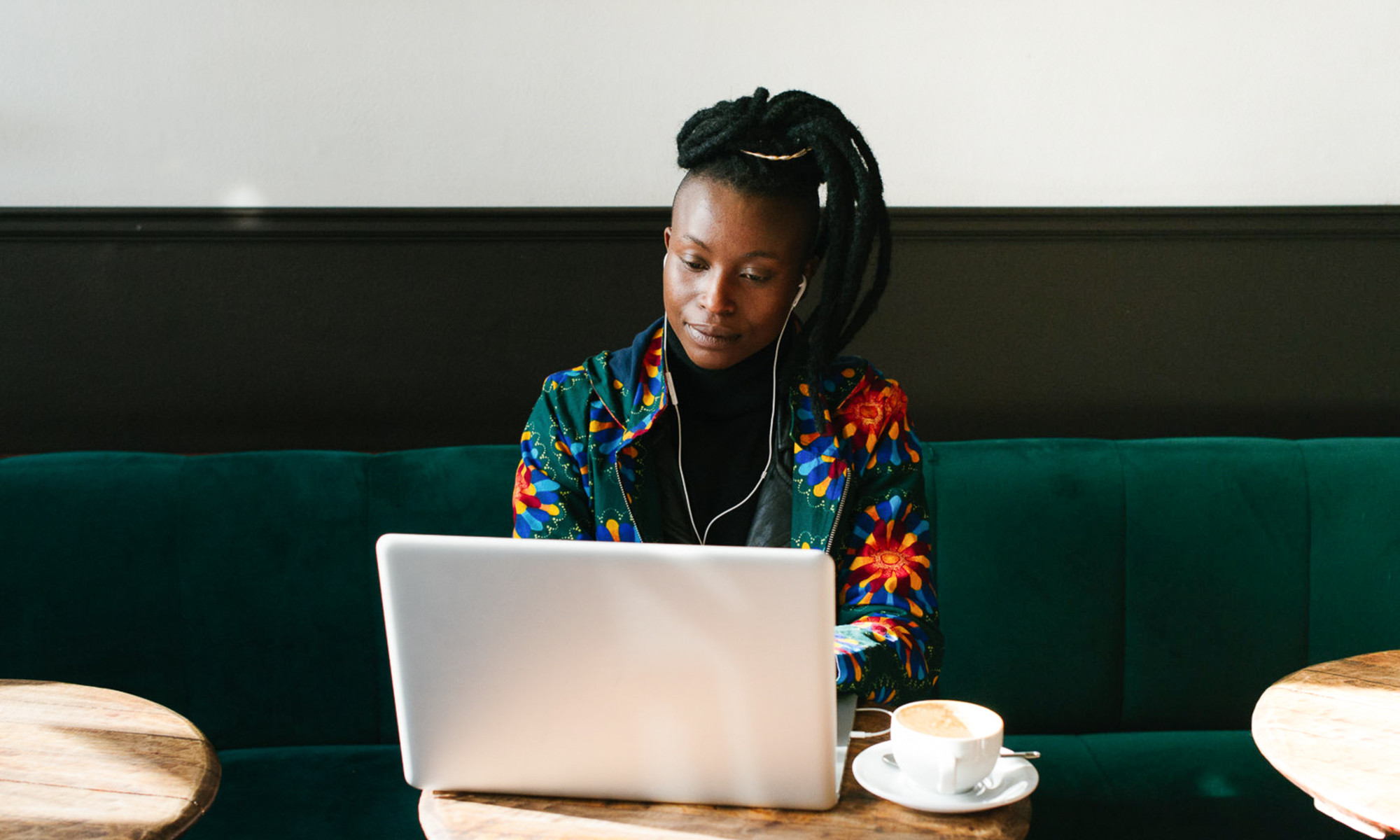
Advertisement
This ad is displayed using third party content and we do not control its accessibility features.
Advertisement
This ad is displayed using third party content and we do not control its accessibility features.

Registered Dietitian Nutritionist
Registered Dietitian Nutritionist
Molly Knudsen, M.S., RDN is a Registered Dietician Nutritionist with a bachelor’s degree in nutrition from Texas Christian University and a master’s in nutrition interventions, communication, and behavior change from Tufts University. She lives in Newport Beach, California, and enjoys connecting people to the food they eat and how it influences health and wellbeing.
Image by Bruce and Rebecca Meissner / Stocksy June 17, 2025 There is no doubt that spending hours staring at a screen strains your eyes. Your eyes may feel tired, sore, dry, blurry, or even mildly irritated. For so many of us (myself included), it’s impossible to avoid screens due to work or school. While certain eye exercises and general optometrist-approved care practices help protect your eyes, so can certain nutrients—especially lutein and zeaxanthin. These two carotenoids are typically found in leafy green or other brightly colored vegetables, and they’re also found in the macula of our eyes. Meaning: Intake of these nutrients directly impacts our eye health. 
About the study
Researchers followed 70 adults who were between the ages of 18 and 65 who spend more than six hours a day on screens for six months.
Half of the group was randomly assigned to take the supplement, while the other half took a placebo.
The supplement consists of 10 milligrams of lutein and 2 milligrams of zeaxanthin. Now, these two antioxidants have been extensively studied in relation to eye health, and these two doses align with what past research2 has shown to be effective.*
Researchers measured:
Lutein & zeaxanthin improved eye moisture
Overall, results showed that people who took the lutein and zeaxanthin supplement had significant improvements in eye moisture, light recovery, and tear stability—all of which point to healthier, more comfortable eyes.*
That could mean that:*
Although there were no significant differences in measures like eye strain, sleep, or focus, the results still suggest that this supplement could be doing real behind-the-scenes work to support long-term eye health.
And the best part? It was safe and well-tolerated, with no concerning side effects.
Finding the right eye health supplement
If you’re looking for science-backed support for your eyes, mindbodygreen’s eye health+ is a great place to start.
This formula offers clinically studied doses of lutein and zeaxanthin (10 and 2 milligrams, respectively) in addition to the antioxidant astaxanthin—which has been shown to reduce eye fatigue.*
Plus, it features vitamin C, vitamin E, zinc, and copper, all of which have been studied together to support long-term eye health and preservation of healthy vision.*
One-long-time customer of eye health+ says it’s provided relief from dry eyes (thanks to screen and contact use) and fatigue—improving his general mood and outlook during the workday.*
The takeaway
For people who are regularly glued to screens for work or school, daily lutein and zeaxanthin supplements can offer some much-needed relief—especially when taken as part of an antioxidant-rich diet.*
If you are pregnant, breastfeeding, or taking medications, consult with your doctor before starting a supplement routine. It is always optimal to consult with a health care provider when considering what supplements are right for you.
Advertisement
This ad is displayed using third party content and we do not control its accessibility features.

 JimMin
JimMin 








